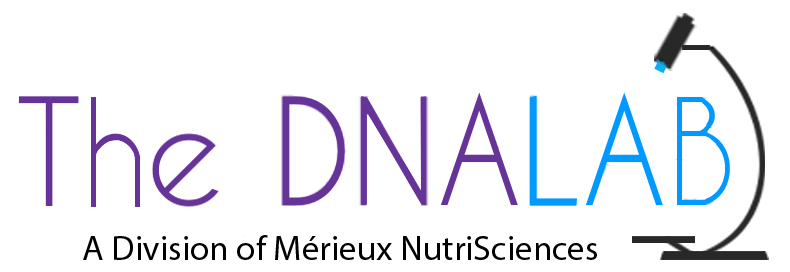DNA tests that you can buy from the comfort of your home come in different flavors. Some give you a map of the world and estimate where your ancestors came from. Some also match you with your genetic relatives who have been DNA-tested. Others give information about health risks.
You will find many articles online and shows on TV telling you all you can learn from DNA testing. You won’t find much about what DNA can’t tell you, so I’ll review a few of the common test types and talk about the details not often mentioned.
Ancestry testing
This is the type of test that people have flocked to in droves. Those lederhosen-or-kilt commercials were convincing! What most people find out confirms what they already suspected about the origins of their ancestors, but some people get surprised.
What the DNA won’t tell you is how you’ll feel about your results once they come back. If you expected to find out from testing that your family legend of Native American ancestry will be proven by your DNA and that doesn’t happen, you might feel disappointed, mad, or even angry. You might find yourself questioning the results or questioning your family’s oral history.
The percentages you see in your ethnicity “pie chart” may change over time, even though your DNA stays the same. Make sure you’ve read up on the limitations of using DNA to detect the ethnicity you are thinking you’ll find, and understand the science in this area is a work in progress.
DNA testing with a “family matching” feature
Some of the companies that offer your ethnicity pie chart will also allow you to join their database of testers. Once you opt in, your DNA is compared against others who have tested at the same place, and you’ll be able to see them. They will be ranked in order of closeness to you, with those who share the most DNA with you at the top of your list. These matching databases are given names like Family Finder and DNA Relatives.
If you join by choosing the opt-in feature during the registration of your DNA kit or later, you may get matched to people currently on your family tree, but you might also discover surprise family members. If you find an unexpected match from your testing or in the results for someone whose DNA test you manage, you’ll need to do some sleuthing to figure out how you are connected. On the flip side, you might make a discovery that you or one of your ancestors isn’t matching the family tree in the way that was expected. Perhaps someone’s father isn’t who they were told he was, or there was an adoption of a child in or out of the family that was never disclosed to others. These discoveries can be life-changing in all sorts of ways.
A DNA test can match you to other people, but it won’t tell you how to reach out to them. Should you proceed slowly? What should your first message say? What if the person you try to connect with doesn’t respond right away, or at all?
A DNA test can lead you to discover new genetic family members, but it won’t be able to predict how your relationship with them will unfold over time. If this happens to you, know there are places you can go, including websites and online support groups, to find others who have been through what you’re going through, whether you find your own family tree branching out further or not.
Medical DNA testing
When you choose to find out information from DNA testing that has a health or medical implication, it’s important to understand the state of the science. We’ve figured out the common sequence of DNA letters as a result of projects like the Human Genome Project; however, we are still figuring out what those letters mean.
There are a few thousand genes that researchers understand well, but there are over 5,000 genes that haven’t been studied yet. Even so, some companies are starting to give you some basic information on a few genetic risk factors you might carry, along with other traits and DNA fun facts.
When you work with a genetic counselor or medical geneticist, you get matched to a DNA test that’s focused specifically on finding the answers you or your healthcare provider are hoping to answer. The DNA kits you order at home may have bits and pieces of health information, but they are far from complete. Most important to remember, though, is that DNA isn’t destiny! Your medical DNA results might fill in one more piece of the puzzle, but they can’t tell you what your future holds.
In conclusion
DNA testing is another tool in the tool box for those who research family history. It adds depth to our understanding of our ancestor’s journeys. In some cases, it creates new definitions of “family” and reveals branches of the family tree we didn’t know about before. DNA can help us understand how our bodies work and tell us more about who we are, but it can’t solve every mystery about our health.
Most importantly, remember that no DNA test can tell you how to feel or what your future might hold. These things are as individual and unique to each of us as our fingerprints.



